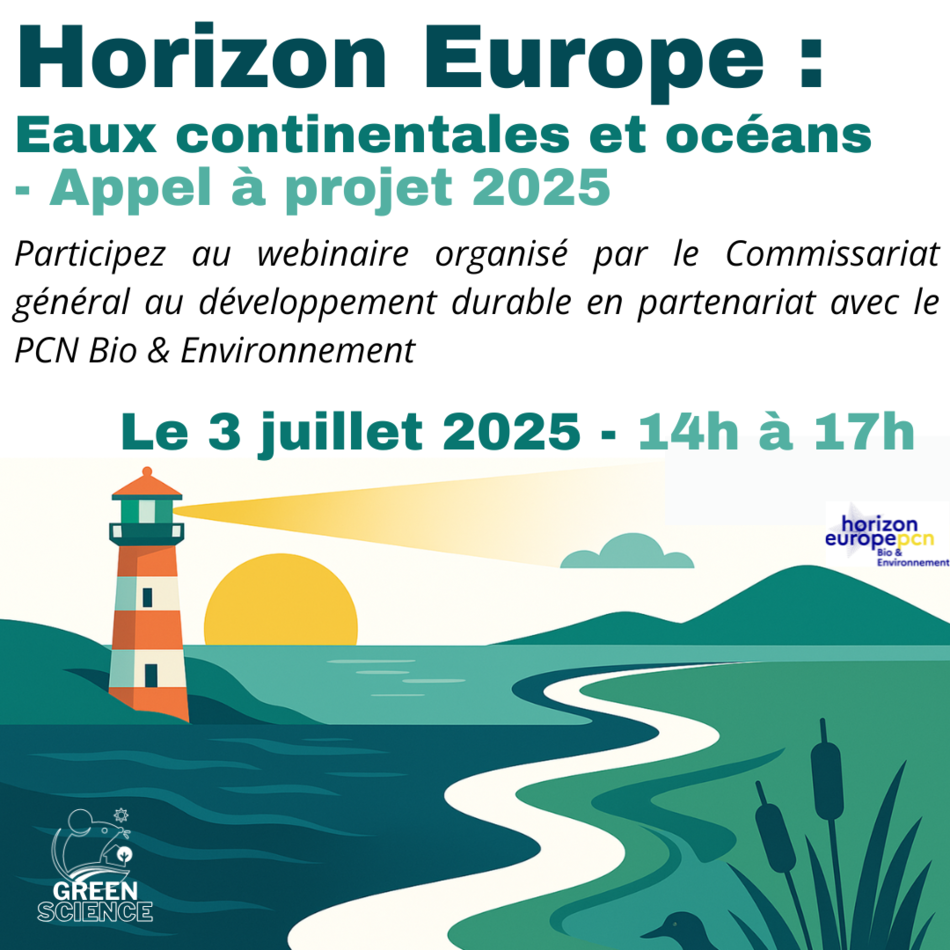ExpectedOutcome:
- Faster and less labour-intensive identification, analysis and digitisation of materials and products from existing built works
- Increased supply of secondary materials and construction products for reuse, thus reducing the resource- and energy-intensity of the construction sector
- Reduction in construction and demolition waste
- Improved facility to re-use and repair construction products
- Improvements to labour productivity as a result of using the developed solutions
Scope:
Existing built works (buildings and infrastructure) can potentially act as a significant ‘material bank’, providing a rich source of secondary materials and products for construction. This requires identification and analysis of the asset’s components and materials, which typically involves slow, labour-intensive and costly processes. There is a need to research new digitally powered techniques and technologies that would rapidly and accurately identify, analyse and record existing construction materials, products and components, facilitating their use in a circular economy and reducing life cycle impacts including embodied carbon. Proposals should therefore aim to foster selective deconstruction, separation of hazardous materials, sorting and high-quality recycling. They would thus contribute to the aims of the New European Bauhaus.
Proposals should:
- Develop new techniques and technologies to rapidly identify materials, construction products and components of existing built works, or works that have undergone demolition
- Develop solutions that would rapidly analyse the properties and characteristics of materials, construction products and components, which may include for example material composition, dimensions, mass, technical/mechanical properties and performance, health and safety aspects such as performance in case of fire and the presence of hazardous substances such as asbestos, fixing methods, repair needs, or other aspects
- Develop solutions to digitally record, categorise and tag existing materials, construction products and elements for their eventual use on the market and inclusion in relevant software tools and databases. Proposals should also support the development of existing tools and databases, where relevant, and ensure that relevant actors across the construction ecosystem are consulted in their development, and take into account SSH aspects of this.
- Develop solutions that would analyse the suitability of identified elements for use in a circular economy including undergoing appropriate reuse, repair or recycling processes, or conversely to label them as waste including the necessary separation and sorting
- Research ways in which complex or concealed elements can be identified and analysed, for example materials within the make-up of walls and floors, hidden structures, or composite products
- Address ways to make circular use of the identified elements as secondary materials or reused products on the market in construction projects, and to track them and their characteristics over asset life cycles
- Address ways in which the characteristics of identified elements could be presented in a user-friendly manner to relevant actors such as construction professionals, including on-site workers, designers, architects and developers. This should include consideration of SSH and business model aspects.
- Build on existing standards or contribute to standardisation. Interoperability for data sharing should be addressed, for example in relation to product databases and cross-border collaboration.
- Present a strategy for skills development, associating social partners where relevant, integrating SSH aspects and including relevant tools such as MOOCs (massive open online courses).
- Build on or seek collaboration with existing projects and develop synergies with other relevant European, national or regional initiatives, funding programmes and platforms, such as the New European Bauhaus, data spaces under the Digital Europe programme, or the Built4People partnership under Horizon Europe.
- Seek to integrate insights from social sciences and humanities to maximise economic and social impact.
Specific Topic Conditions:
Activities are expected to start at TRL 4 and achieve TRL 6 by the end of the project – see General Annex B.





